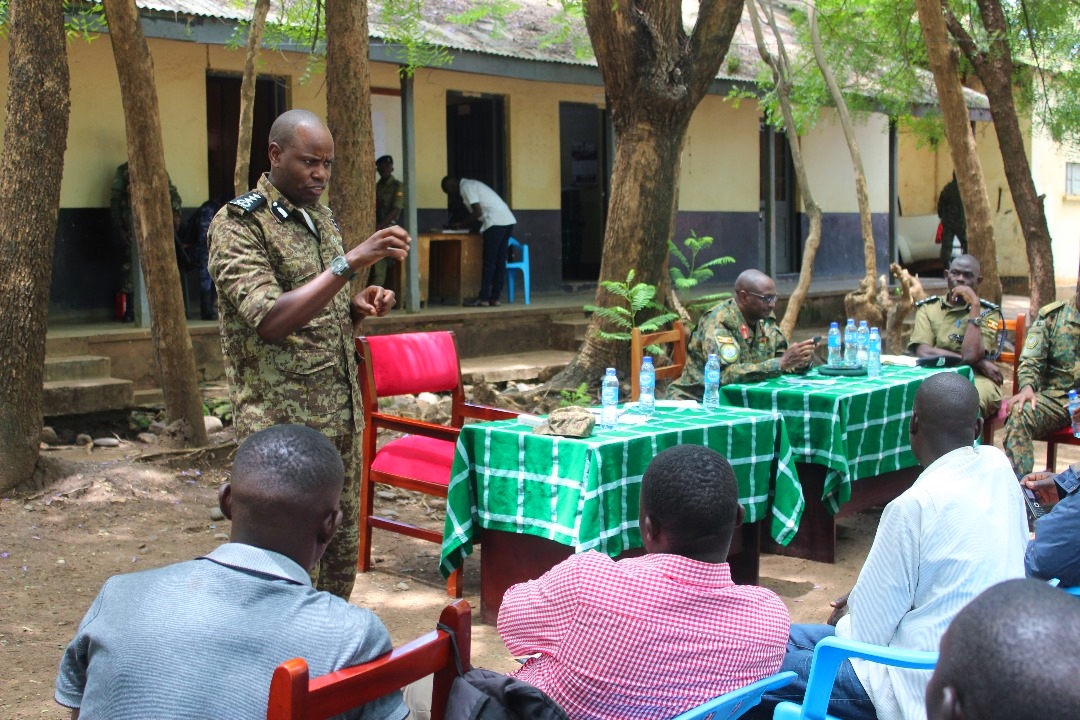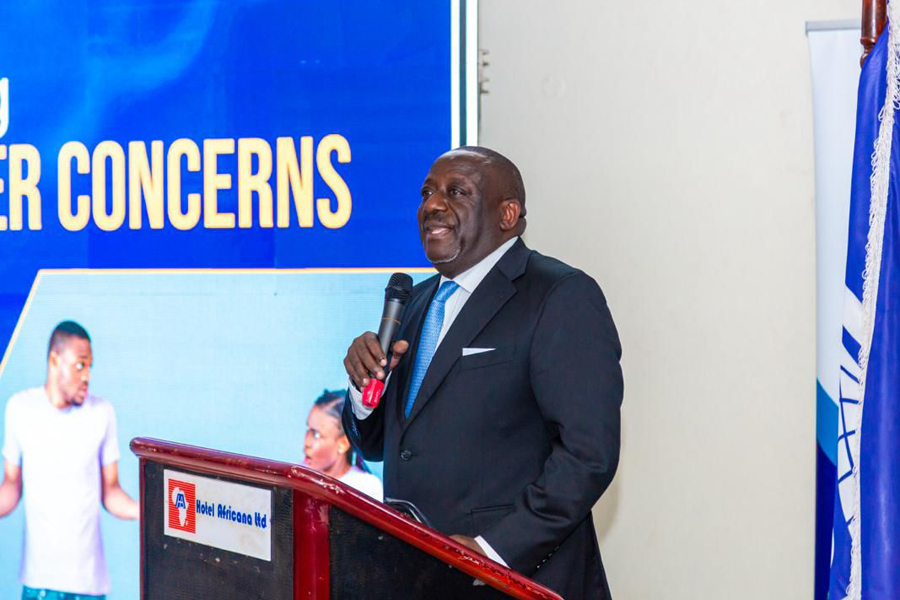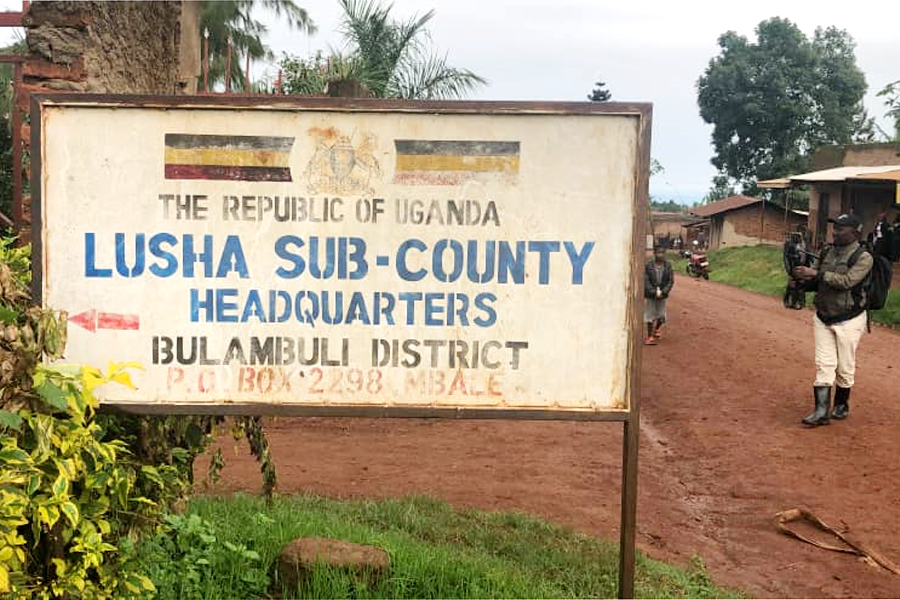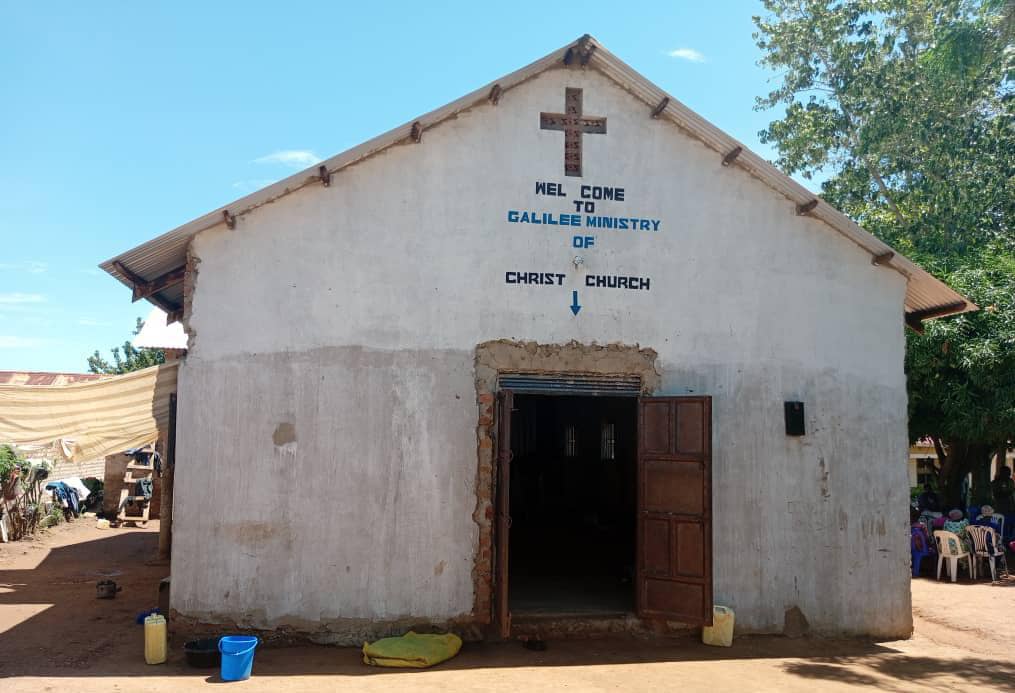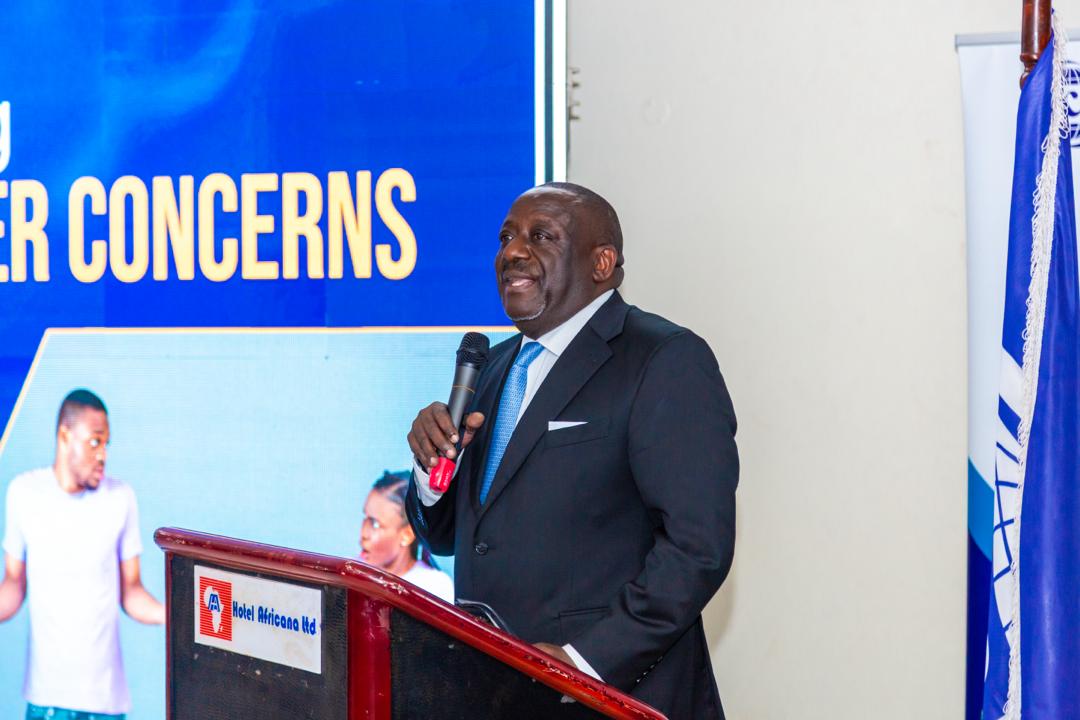HOSPITAL TALK: Why more people are dying in bathrooms in Uganda
By: Mukaaya Slevester
People often die in bathrooms without warning signs. This is often during or shortly following urination which commonly occurs in the bathroom or urinals or even toilet. This occurrence leaves many families in shock wondering what could have happened to the deceased. Here is the science behind it;
A human body is designed like an automatic motor vehicle engine in terms of performance towards responding to an event. So, most of the important activities in our bodies take place without our notice for example blood cell production, destruction and elimination, blood pressure control, hormone production or regulation, reasoning, sleeping, breathing, heartbeat, and many more.
Fainting during or shortly after urination it is a phenomenon which is medically termed as “micturition syncope/post micturition syncope”.
It is mostly heard that people are always found in bathroom dead or unconscious following an unexplained event, and commonly people directly translate it in relation to spiritual concept. However, in medical view of things it is really very practical and very common to lose consciousness or even die in the bathroom or any place following urination to anyone with or without known history of a disease likely to cause altered conscious.
Truly the exact cause is not solely isolated but doctors believe that a low blood pressure and slow heart rate play a role in micturition syncope. When your bladder is full, your blood pressure and heart rate are higher. When you empty your bladder during urination, your blood pressure and heart rate drop. This drop causes your blood vessels to widen, or dilate. And this causes blood to move more slowly in dilated blood vessels and this pools more of the blood to your legs and therefore, this can affect how much blood reaches your brain thus causing low perfusion in the brain thus causing symptoms or signs of fainting.
A sudden fall in blood pressure and slowed heartbeat is the driving cause of this type of syncope and this is mostly triggered following a quick wake up from deep sleep and one attempts to;
- immediately stand up or squat after waking up (Blood pressure tends to decrease when you stand, such as when standing at a urinal or getting up from a toilet)
- immediately emptying their bladder (urinate) or empty their bowel (defecate) after waking up
- emptying their bladder or bowel suddenly or too fast,
Other possible factors include boozing, dehydration, hunger/fasting, fatigue, underlying medical conditions, use of alpha blockers to improve urination in men with prostate problems, Use of certain medications like diuretics, beta blockers, antidepressants calcium channel blockers, other anti-hypertensives.
A person can able to tell that they are likely going to faint in a bathroom is they begin experiencing the following;
- Dizziness while urinating or defecating
- Blurred or dim vision during or after urinating or defecating
- Sweating, nausea or even vomiting during or after urination or defecating
Medical attention is immediately needed long as;
- one loses consciousness for more than 60 seconds,
- one gets convulsion or unusual body movements,
- muscles tighten during fainting
- sphincter muscles fail to control pass out of urine or faeces
- Sweating or vomiting before, during or after syncope
Preventive measures
Micturition syncope may not have a definite cure. However, prevention is based on recognition of warning symptoms related to micturition syncope, and you should always share this experience with someone you live with in the same house that is a wife, husband, parent(s) or relative(s) so as to plan together on how to help you out to avoid the associated outcomes. Preventive measures include;
- On waking up, stay in your bed awake and eyes open for at least 1-3 minutes to get your mind oriented before you stand up.
- Sit on the edge of the bed and move or swing your legs gently for a while 1-2minutes before getting up to the toilet making sure you’re not dizzy or lightheaded,
- Urinate without straining or forcing quick emptying of the bladder. {if you start feeling dizzy, stop urination, cross the legs and flex them immediately upon feeling dizziness or faintness}
- Where possible try to sit while emptying the bladder as opposed to standing up.
- Generally, avoid urinating while feeling sleepy and where possible, empty your bladder (urinate) before you sleep.
- Sit down or lie down when feeling symptoms of light-headedness or dizziness to ease blood flow to the brain. Where possible, elevate the legs or lower body parts above the heart level.
- Always avoid wet floors and also clear the bathroom of any objects that might cause harm in case one fell in the bathroom. Also, always switch the lights on in the bathroom before access.
- Always hydrate yourself with fluids like water, homemade juice and more. Avoid abusing alcohol and other drugs including cigarettes, caffeine, cocaine, marijuana, miraa among others.
Micturition syncope as described above should be well distinguished from other common causes of fainting and the symptoms or signs should be clearly noted and presented to the medical experts. Therefore, observe the preventive measures if you, a relative or friend is experiencing, or has ever experienced any of the symptoms elaborated. And always check with your family doctor or seek for medical advice even when the mentioned red flags are not present, such that other possible medical conditions that may have predisposed you can be ruled out.
For such emergencies or to understand more about the overall health of your body organs and minimize such occurrences, Kisubi Hospital has a wellness and endocrine clinic that happens every Tuesday 9am to 3pm for men and every Friday 3pm to 5pm for women. Tests can always be made to help people know the overall health of their body organs and also consult the Endocrinologists about their overall well being, signs and symptoms. Through this, such issues can be handled and prevented.
For appointments call Kisubi Hospital on: 0700-541667 / 0776-237512 or WhatsApp 0702-541667. For email: customercare@kisubihospital.co.ug
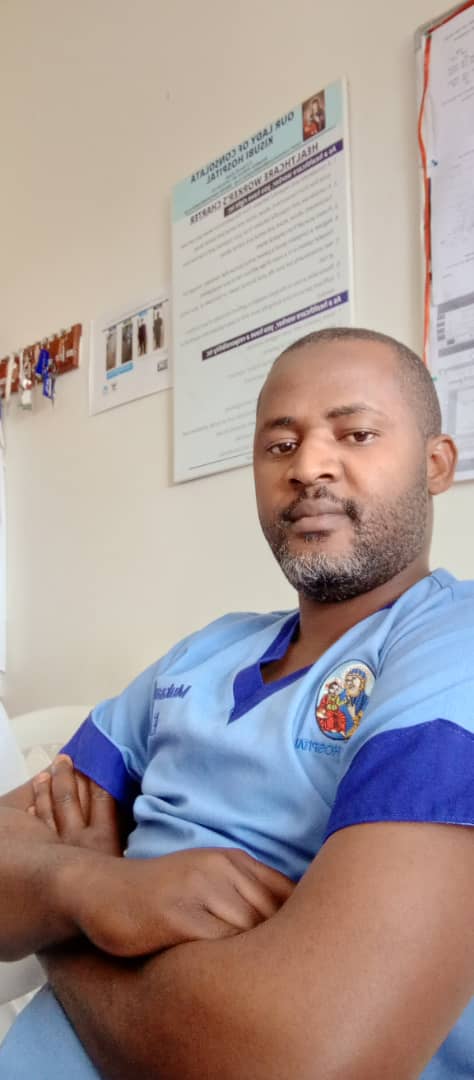 The author Slevester Mukaaya
The author Slevester Mukaaya
By: Mukaaya Slevester
EN, Assistant Nursing Officer
Kisubi Hospital Heart Centre; HDU/ICU



